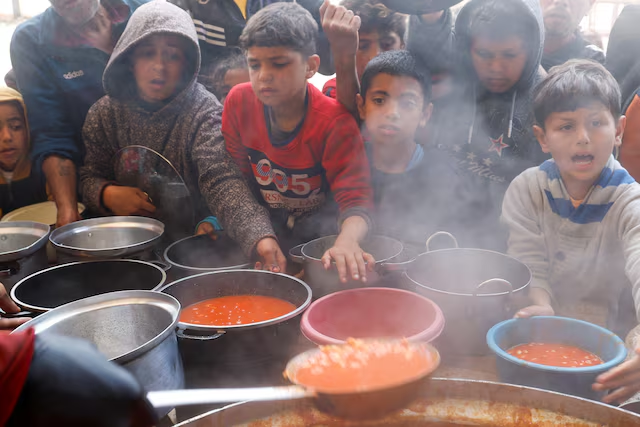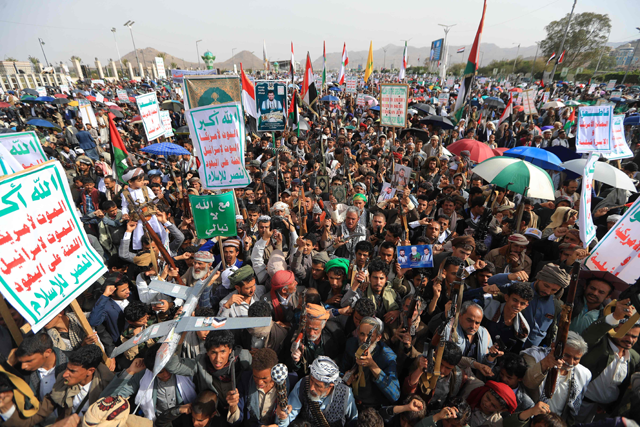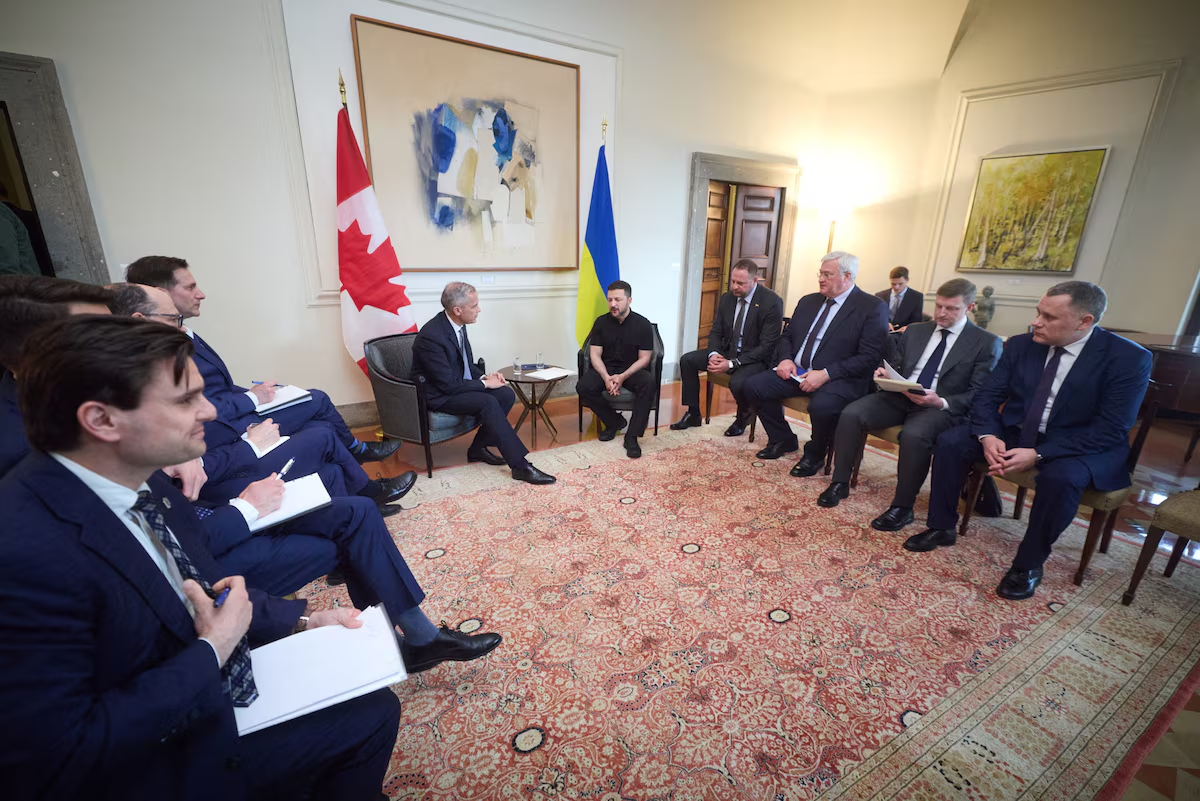Iran has completed construction of a third uranium enrichment facility and declared it ready for operation, prompting further alarm from international observers after the United Nations’ nuclear watchdog formally stated that the country is no longer complying with its nuclear obligations. This is the first such non-compliance declaration against Iran in over two decades.
The development was announced by Mohammad Eslami, head of Iran’s Atomic Energy Organization, who said the third site is built and prepared for activity. He emphasized that Tehran remains committed to peaceful nuclear objectives, but insisted that the country will continue to advance its enrichment infrastructure in the face of growing pressure from Western nations.
The International Atomic Energy Agency (IAEA) stated that Iran is in violation of its obligations under the Nuclear Non-Proliferation Treaty (NPT), citing Iran’s refusal to allow full inspections, unexplained nuclear material traces at undeclared sites, and the production of highly enriched uranium up to 60 percent purity—close to weapons-grade.
The IAEA’s Board of Governors passed a censure resolution this week, with support from the United States, United Kingdom, France, and Germany. Only Russia, China, and Burkina Faso opposed or abstained. The resolution expresses deep concern about Iran’s failure to cooperate with inspectors and demands immediate access to all nuclear facilities.
In response, Iranian officials condemned the IAEA decision, characterizing it as politically motivated. Iran warned that it would move forward with additional nuclear development, including the installation of more advanced centrifuges at the underground Fordow facility, and expand uranium enrichment capabilities at the new site.
Iranian officials also said they had received a warning from an unnamed “friendly country” regarding a possible Israeli military strike against its nuclear infrastructure. This has heightened fears of a direct confrontation in the region. Israel has long expressed concern over Iran’s nuclear ambitions and has not ruled out unilateral military action.
Meanwhile, diplomatic efforts to de-escalate the situation continue. Indirect talks between the United States and Iran are scheduled to resume in Oman this weekend. These negotiations aim to revive the 2015 Joint Comprehensive Plan of Action (JCPOA), which was abandoned by the U.S. under former President Donald Trump. Iran has since rolled back its commitments under the deal.
However, the IAEA’s declaration of non-compliance, coupled with Tehran’s refusal to reverse its recent enrichment steps, may significantly complicate the chances of a breakthrough. U.S. officials have acknowledged the growing difficulty in bringing Iran back into compliance, and Israeli leaders have warned that further enrichment progress would cross a red line.
Regional tensions have intensified in recent weeks amid parallel crises, including the ongoing Gaza conflict and instability in Syria and Iraq. The United States has evacuated non-essential diplomatic personnel from several Middle Eastern countries due to elevated security threats. Analysts say Iran’s latest nuclear moves risk triggering a broader conflict if diplomatic solutions fail.
Western nations have urged Iran to return to negotiations and fulfill its international obligations. European Union foreign policy chief Josep Borrell stated that there is still a diplomatic path forward, but time is running out. “Iran must act with urgency and transparency if it wishes to avoid further isolation,” he said.
The IAEA is expected to report back to its member states later this month on whether Iran responds to the censure resolution. If Tehran fails to comply, the matter could be referred to the UN Security Council, potentially leading to renewed international sanctions and further deterioration in global nuclear diplomacy.
As of now, Iran maintains it will not accept any conditions that undermine its sovereign right to nuclear development. The standoff places the region on high alert, with global powers closely monitoring the next steps from both Tehran and Washington. Whether the crisis turns toward renewed negotiations or escalates into confrontation remains uncertain.
Source: The Guardian



